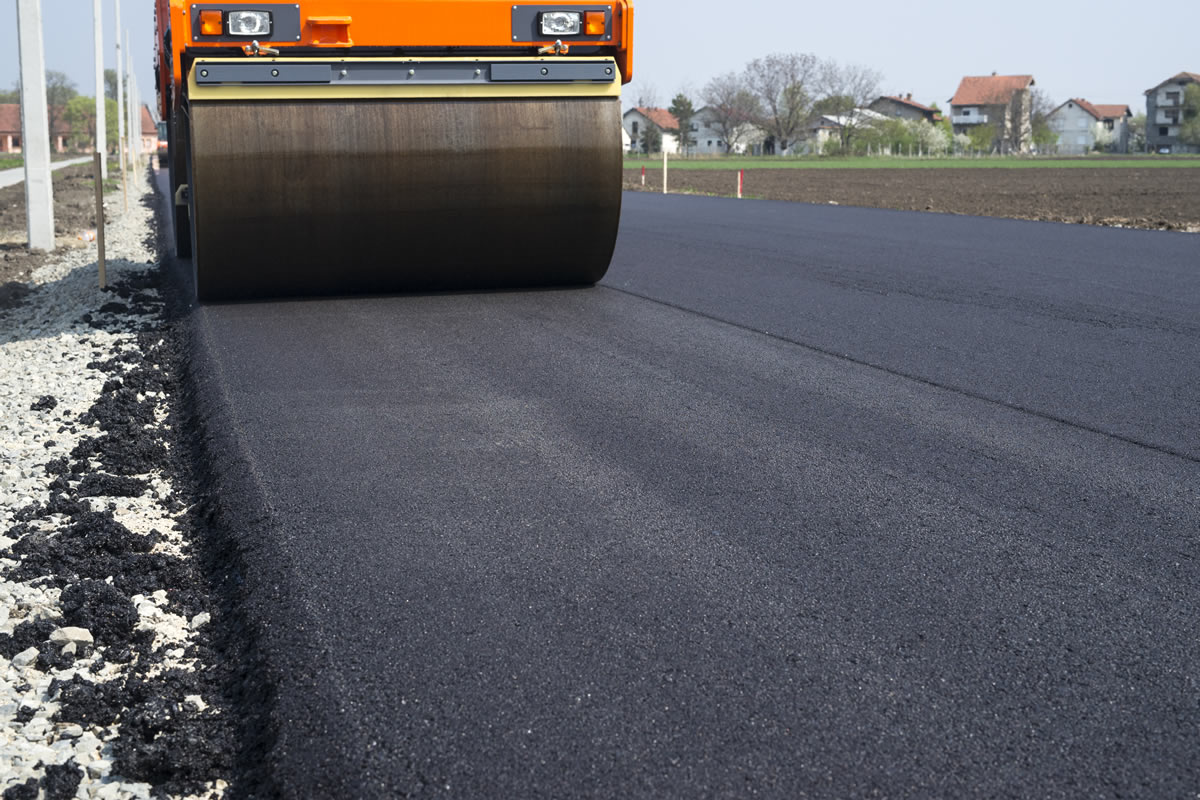
Selecting the right pavement style for your drive or parking area is a determination property owners should never take lightly. It would help if you considered numerous elements, including price, durability, and upkeep demands. What's more, there are a couple of options: rigid or flexible. An experienced paving company like ours can offer you advice and direction on the most suitable choice for your needs. This blog post will examine pavement styles in detail so you can decide which one is reasonably suited for you!
Rigid pavement is constructed of concrete or cement. These structures are created to handle external weight and are negligibly vulnerable to outward elements like petroleum and grease blots. This kind of pavement is uncomplicated to preserve and repair, but because it is breakable, you'll want to be cautious when driving or putting heavy objects on the exterior.
A flexible pavement includes asphalt or tar-based materials that can endure heavy traffic loads by dispersing weight evenly across the roadway surface. A flexible pavement consists of various layers. These layers are established systemically, with the most vulnerable layer inhabiting the bottom section while the more enduring segments are located at the top. Because the top layer encounters the brunt of traffic load, a flexible pavement is structurally rugged and less probable to crumble under pressure. The best kind of flexible pavement is the one that includes a thick layer of stone beneath it, which assists with drainage in showery seasons.
When choosing between the two alternatives, consider how much wear and tear you can anticipate and the climate conditions throughout the year. For example, if you're located in an area that accumulates heavy snowfall, it is best to use solid concrete because the structure will be able to hold more weight. On the other hand, if your parking area encounters heavy traffic loads, then a flexible pavement will be best for you.
A flexible pavement is cost-effective and does not demand frequent replacement or restoration. On the other hand, a rigid pavement delivers an extended service life of nearly 30 years; nevertheless, such structures require maintenance to deliver the desired service. When contemplating which type of pavement functions best for you, consider both the above alternatives before making a determination. Not only do they maintain their own set of advantages and disadvantages, but each choice has its application relying on what materials you're utilizing and how expertly the contractor installs it.
If you're interested in further wisdom into pavement styles, you need a professional contractor to direct you. We are one of the first names that should come to mind when considering asphalt paving, repairs, and sealcoating in Sanford. We supply our clients with a broad range of paving services, including asphalt installation and restoration services. In addition, we help maximize your parcel's commercial value by offering you the chance to resurrect it to its ideal condition. Call us today for a free quote!